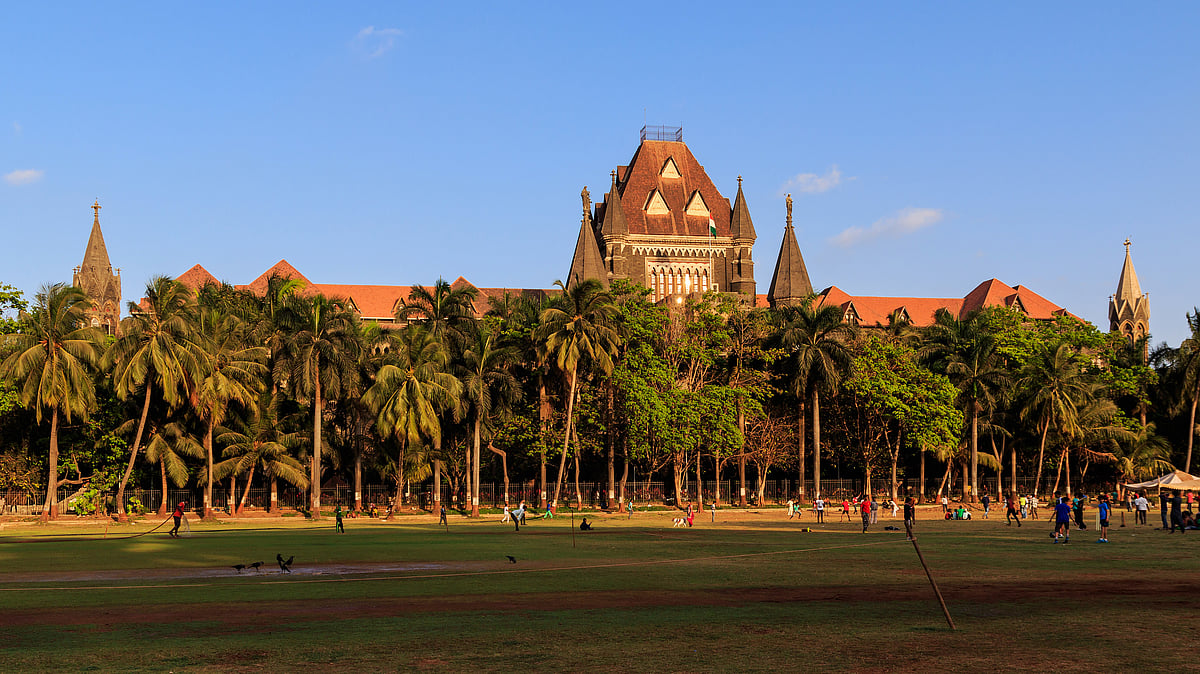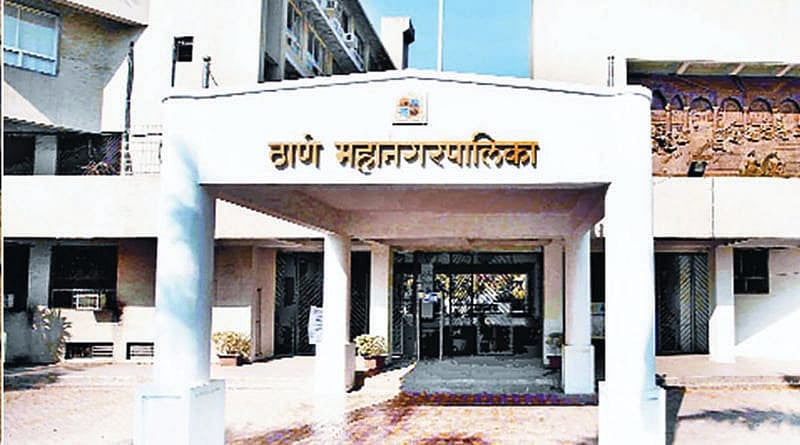No doubt India is a free country where there is fundamental right to freedom of speech, but in sensitive matters any critical words or dissenting view must be expressed after proper analysis of the whole situation and must provide for the reasons, said the Bombay High Court recently.
A division bench of Justices SB Shukre and Milind Sathaye, on April 10, made the observation while refusing to quash an FIR against Javed Hajam, a Jammu and Kashmir origin professor with a Kolhapur college, for putting a WhatsApp status on abrogation of Article 370.
Accused posted status on 370 abrogation in 'casual manner'
The judges noted that the professor, in a very casual manner, posted the status message about the abrogation of Article 370, in the WhatsApp group of parents and teachers, which prima facie had an impact on the minds of different groups of people and constitute an offence under Section 153A ( Promoting enmity between different groups on grounds of religion, race, place of birth, residence.) of the Indian Penal Code (IPC).
On August 5, 2019, the central government abrogated Article 370 of the Constitution which had conferred special status upon Jammu and Kashmir.
HC refuses to quash FIR
The HC dismissed the petition filed by Hajam, 26, seeking quashing of the FIR registered against him at Hatkanangale police station in Kolhapur. Between August 13 and 15, 2022, Hajam had put a status on his WhatsApp 'August 5 Black Day Jammu & Kashmir' with a message below saying 'Article 370 was abrogated, we are not happy' and '14th August Happy Independence Day Pakistan'.
Hajam contended that he had not circulated any messages that would promote enmity or bring disharmony or feeling of hatred between religions. He claimed that he had merely put his view on his WhatsApp status.
However, the HC opined that the first status message on Article 370 constituted an offence under section 153A, but the second status message on Pakistan's Independence Day did not.
Message on 370 has tendency to play with emotions of different groups
"The first message which has been posted on WhatsApp by the petitioner (Hajam) is without giving any reason and without making any critical analysis of the step taken by the central government towards abrogation of Article 370 of the Constitution," the court said, adding: “In our view, this message has the tendency to play with emotions of different groups of people in India as there are strong feelings of contrasting nature about the status of Jammu and Kashmir in India and therefore, one has to tread cautiously in such a field.”
The judges stressed that any criticism made must be backed by reasons. “No doubt, in a democratic country like India where there is a fundamental right in the nature of freedom of speech and expression under Article 19, every word of criticism and every view of dissent is important for maintaining democracy in a good state of health," HC said. “But we may add that at least in sensitive matters any critical words or dissenting view must be expressed after proper analysis of the whole situation and must provide the reasons for which the critique or dissent is made.”
This is more so when the emotions and sentiments behind a particular thing or aspect being criticised run high with different shades and hues among different groups of people, the bench said. “In such a case, the criticism, disagreement, difference of opinion, dissent, whatever one may choose to call, must be expressed upon an in-depth analysis and accompanied by reasons so that the appeal that such critique makes is not to the emotions of groups of people but to the reason; the logic; the rationale of the groups of people,” averred the judges.
Reason is casualty when appeal is to the emotions: HC
The HC further added: “Whenever, appeal is to the reason, there is least possibility of stirring up emotions and whenever appeal is to the emotions, the reason is the casualty. When reason falls victim to the emotions, there results ill-will, hatred, public disturbance and negativity all around.”
As far as the second status wishing Pakistan a Happy Independence was concerned, the HC said that it is not covered by section 153A of the IPC as "no reasonable person with a strong mind would see anything wrong in celebrating Independence Day of other countries without denouncing the celebration of Independence Day of one's own country".





